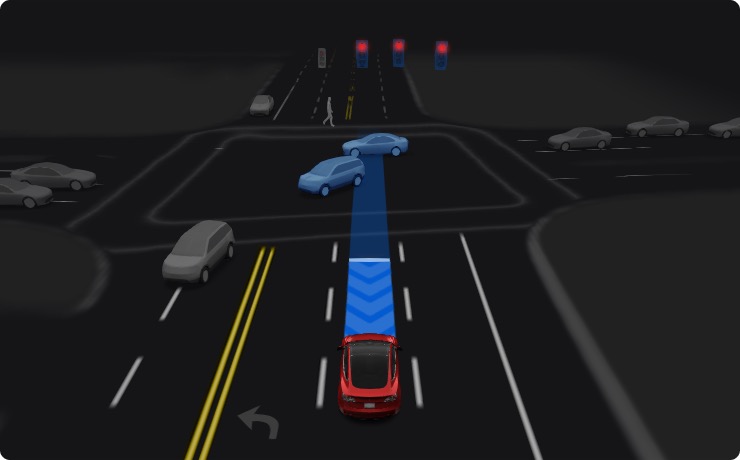A tragic and costly verdict has been reached in a lawsuit involving Tesla and a fatal crash in Key Largo, Florida in 2019. The jury found Tesla partially liable for the crash, which resulted in the death of 22-year-old Naibel Benavides Leon and serious injuries to her boyfriend, Dillon Angulo. The total damages awarded amount to $329 million, with $200 million of that being punitive.
The crash occurred when George McGee, allegedly using Tesla’s Autopilot feature, collided with the young couple after momentarily looking away to retrieve a dropped cellphone. The jury determined that Tesla’s technology played a role in the crash by failing to alert McGee that the road was ending, thus enabling him to be distracted.
Despite Tesla’s warnings for drivers to remain alert and in control of their vehicles while using driver assistance systems like Autopilot, the court found the company partially at fault for the tragic incident. The damages awarded include $35 million to Benavides’ mother, $24 million to her father, and $70 million to Angulo.
Tesla’s attorney, Joel Smith, argued that McGee’s actions in reaching for his phone were a common occurrence in any car, and that this was the primary cause of the crash. However, the jury held Tesla accountable for not adequately warning McGee of the road ending and enabling his distraction.
It remains to be seen whether Tesla will appeal the verdict. This ruling comes at a time when Tesla’s Autopilot and Full Self-Driving systems are under increasing scrutiny, despite data showing that FSD is significantly safer than the average U.S. driver. This isn’t the first crash involving Tesla’s software in Florida, as a Model 3 on Autopilot previously collided with a parked police cruiser in 2021.
The outcome of this lawsuit serves as a reminder of the importance of remaining vigilant and attentive while using advanced driver assistance systems, and raises questions about the responsibility of both drivers and manufacturers in ensuring safety on the roads.

